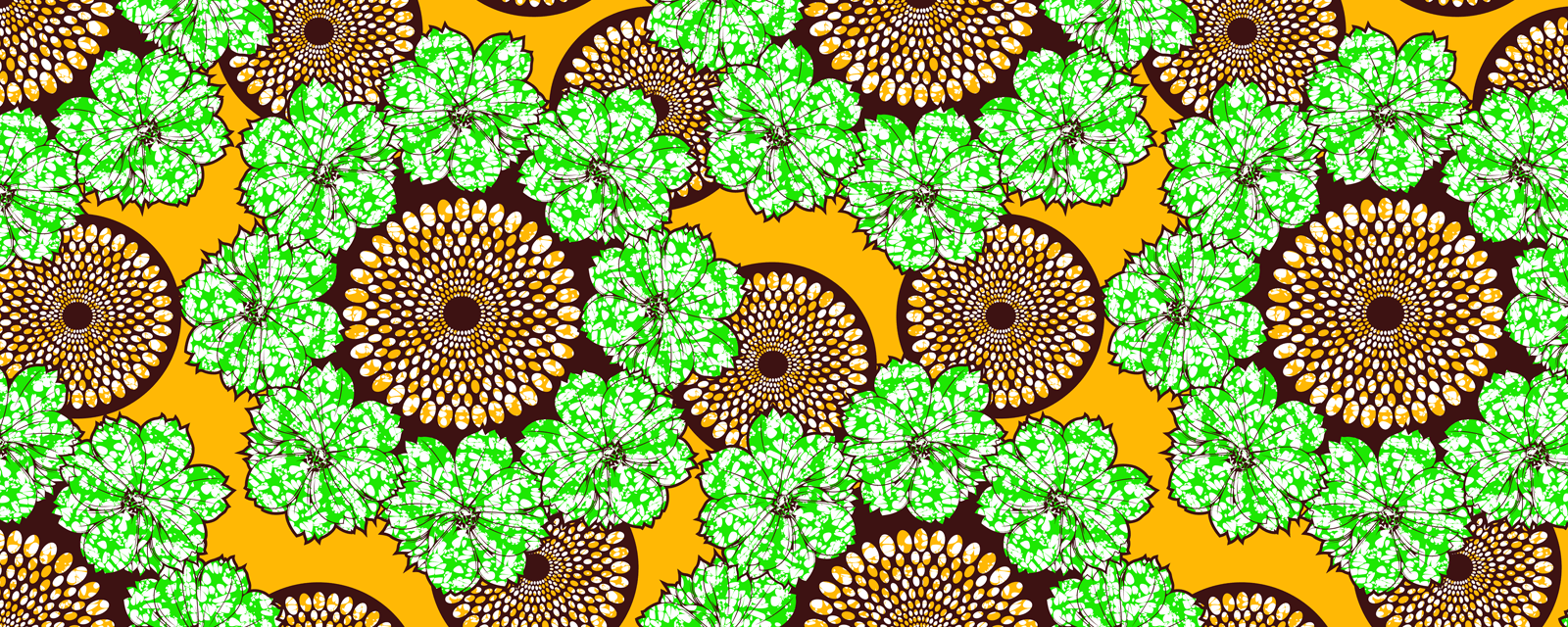The Kingdom of the Ganda people is the largest of the traditional kingdoms making up Uganda, comprising all of Uganda’s central region, bordering Lake Victoria, and including the capital Kampala. The ruling dynasty dates from the 14C. Abolished in 1966 after Uganda’s independence, it was officially restored in 1993 and now enjoys a considerable degree of autonomy. These songs date from well over a century ago. They were transcribed long before the days of portable recorders, which may explain their brevity.
Nanayanja,
beat the drum, let it speak out;
Namayanja,
those who bear the Kabaka,
bear well (1)
Namayanja,
beat the drum, let it speak out;
Namayanja,
she who bore the Kubaka
is at Lusaka. (2)
Namayanja.
Namayanja,
kubakungoma crawe
Namayanja,
abazala Kabaka,
bazala
Namayanja,
kubakungoma crawe
Namayanja,
azala Kabaka
ali Lusaka
Namayanja.
A man without sons, (3)
let me go up and down the lake.
A man without sons,
passing up and down the lake.
A man without sons,
let me go up and down the lake.
A man without sons,
let me pass up and down the lake.
A man without sons.
Nsologumba,
kanpitepite kunyanja
Nsologumba,
oluilaiti kunjanja
Nsologumba,
kanpitepite kunyanja
Nsologumba,
leka npitepite kunyanja
Nsologumba.
Those who want to go raiding
should not quarrel,
Those who want to go raiding
I give you beer,
I do not want to quarrel
Those who want to go raiding
The Muganda canoes,
hiss through the water as they go
Those who want to go raiding.
Bagala kutabala
tegabala kuyomba
Bagala kutabala
Nkuwaire omwenge,
sigala kuyomba
Bagala kutabala
Empingo yo Muganda,
erigendevuma
Bagala kutabala.
Choose what you like.
If guns frighten you,
where will you make your home? (4)
I consider you
one who drinks and boasts.
You who have no cows, (5)
what will you drink?
There are some without cows.
What will they drink?
Weroboli
Bwotwa emundu
olizimbawa wompa mailo?
Nkuloza
ayisa.
Omwenge ajagana,
Abatalina nte mulinywaki?
Mulimu atasiba nte
Balinwaki?
The white ants are flying
the girls who are there
I shouted to them, they did not reply. (6)
The ants are flying.
Nsejere ziwerera
sebawala balika eyo
Nkanda kubaita tebaitaba ensejere
Ziwerera.
Recorded by J.F., Cunningham, printed in H. Johnston,
The Uganda Protectorate (London 1902).
Footnotes
- Kabaka is the title of the king of Buganda. His kingship had a spiritual dimension, represented by the royal drums, being beaten in this song to announce a royal birth. When the Kabaka Edward Mutesa II, known as “King Freddie”, was overthrown by Milton Obote in May 1966, these drums were deliberately destroyed. As he later wrote, “These drums of which there are more than fifty are the heart of Buganda, some of them hundreds of years old, as old as the Kabakaship. To touch them was a terrible offence, to look after them a great honour. A Prince is not a Prince of the Blood but a Prince of the Drum, and his status determioned by which drum. They all had separate names and significance and can never be replaced.” Desecration of my Kingdom (London, 1967) p. 193.
Bear well refers to those who give birth to the Kabaka. - Lusaka: One of the Buganda royal capitals (not the present capital of Zambia).
- A canoe song, sung to maintain the rhythm of paddling. Nsologumba means literally, a barren animal, and so a man with no children. This man is a professional canoeist, ferrying passengers around Lake Victoria, but has no sons to help him.
- A marriage song. The word for homestead is ‘mailo’, derived from the English ‘mile’, inself derived from early colonial land settlement schemes in which plots were measured in half-square miles.
- Like most of their neighbours, the Muganda are cattle-herders, and cattle will have featured as bride-wealth in the marriage.
- The girls ignore the speaker because they’re too excited chasing the edible white ants (termites).

